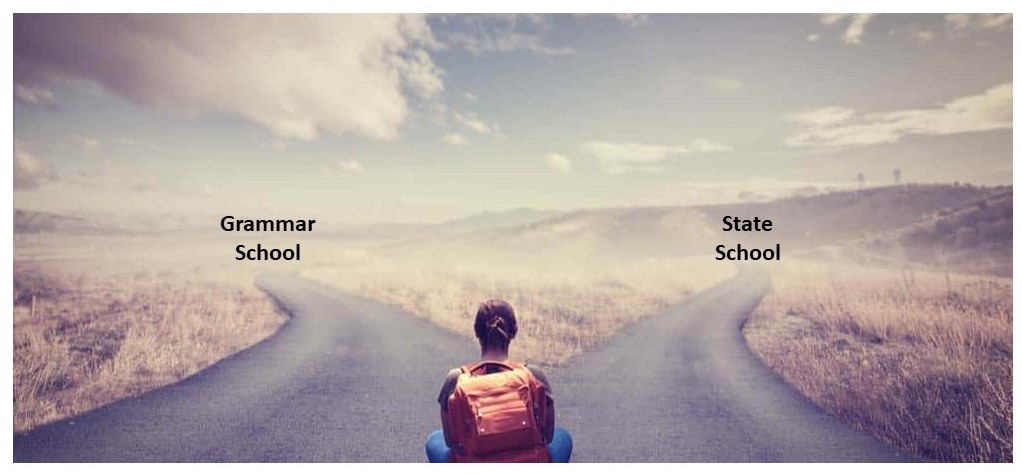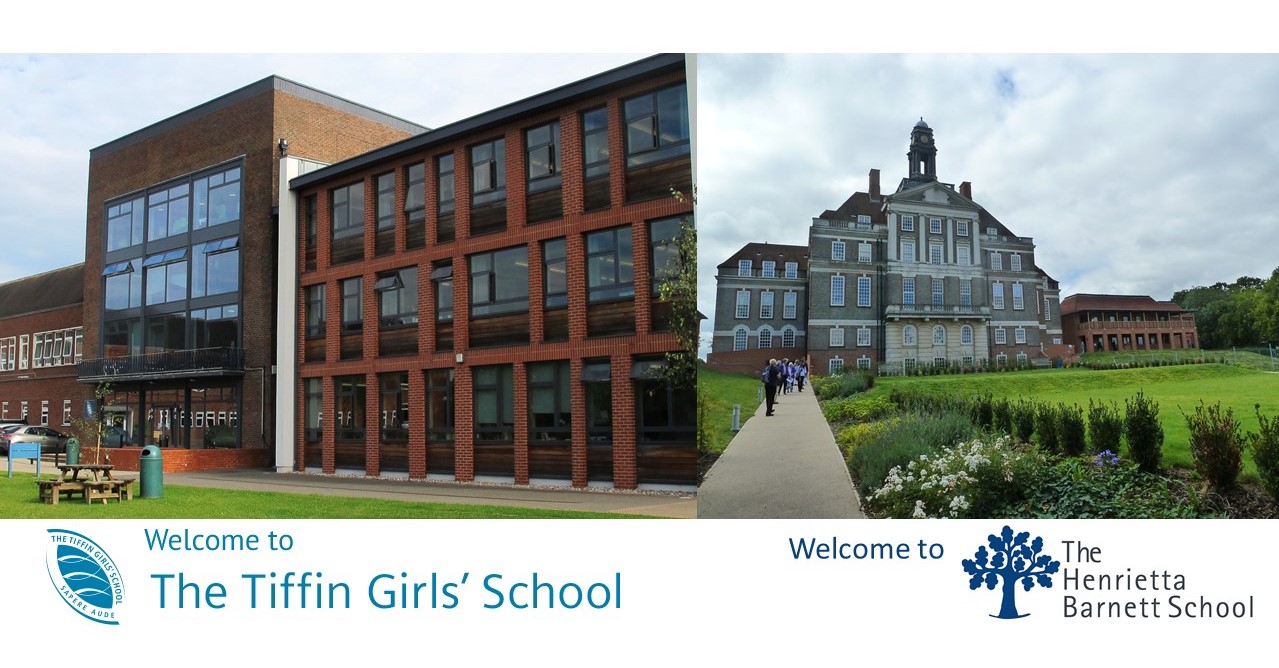

Which parents don't want their children to be intelligent? Or who does not like to be called intelligent? The answers are obvious!
It is an unwritten law that intelligence is the strength in the competitive world where the law is 'survival of the fittest'! Animals survive or die depending upon their instincts and physical conditions. Homo sapiens beg to differ! Their higher order brains enable them to perform extraordinary mental activities.
They can even study the how their own brains work. They can think about thinking. Till recently, the factors which could approve a person to be intelligent were the academic performance, which invariably would be the ability to read, write, comprehend and solve arithmetic problems. Intelligence was trapped in the confinements of academics and pen and paper tests.
Then the cases of school dropouts becoming famous scientists like Edison, Benjamin Franklin or Walt Disney puzzled educationists and psychologists. They were never proven intelligent by the set norms of education system. It is said that Einstein was not Einstein in his school!
Further researches gave an answer to these puzzles. The answer was broadening the concept of intelligence!
Multiple Intelligence
It was in 1983 that a scholar from Harvard University, Dr. Howard Gardner freed the concept of intelligence from the shackles of centuries' old traditional thinking. The old thinking emphasized traditional notion of intelligence based on IQ tests or performance in the school. This way, a painter would be called a 'great painter' but not intelligent. A musician would be a 'great composer' but not intelligent.
Dr. Gardner proposed eight different intelligence. Apart from the potential to read-write, memorize and solve arithmetic, a broader range of human abilities were considered in the concept of intelligence. Wasn't that an intelligent idea?
His theory of multiple intelligence became the foundation of modern developmental education.
Intelligence is the ability to process information. The ways of processing information are relatively independent of one another. These different ways were identified and classified into 8 types of intelligence.
1. Linguistic intelligence
It tells how 'word-smart' a person is. Linguistically inclined students can correlate words, sentences and their meanings better. Reading, writing something on their own gives them pleasure. They can express themselves better through words. Children with linguistic intelligence love solving word puzzles and playing word games. They are often immersed in reading, writing, telling or listening to stories. Linguistic intelligence is evident in poets, novelists, journalists, and effective public speakers.
2. Logical-mathematical intelligence
People who are 'number or reasoning smart' think mathematically. They show interest and ability to calculate, quantify, consider propositions and solve mathematical operations. They can perceive abstractions or symbolic thoughts and reasoning skills. They can apply inductive and deductive logic as discussed in the earlier article.
They can remember numbers better than words. They think logically and at times, do not like to followothers unless are convinced in a logical way.
3. Spatial intelligence
Spatial literally means related to space. Spatial intelligence is the ability to refer to the three dimensions. A child may not know what the three dimensions are, but s/he displays spatial intelligence in terms of mental imagery, spatial reasoning, graphic and artistic skills and an active imagination. They usually have good sense of direction and can read maps well. They can imagine and design things. They love to spend time drawing , painting or making artifacts. They are the 'picture smart' people.
4. Bodily-Kinesthetic intelligence
The sportsmen, athletes, dancers, yoga experts, craftsmen, mechanics and people who have ability for hands on skills fall in this type. These 'body smart' people have a sense of timing and the perfection of skills through mind–body union and rhythm.
5. Musical intelligence
The music smart people can recognize fine changes in pitch, rhythm, tone of voice and sound. Their auditory sense is more sensitive than others. The musically intelligent people can sing or compose music. They can remember, identify and classify sounds. They are aware of sounds others may miss. They can make out if the musical instruments are fine-tuned or not.
6. Interpersonal intelligence
The people with this type of intelligence enjoy the company of other people. They are 'people smart'. They are good at skills which ensures them to be in touch with other people. They understand other people's feelings and can sense the changes in moods, temperaments of others. They also show leadership qualities and are good communicators.
7. Intra-personal intelligence
A 'self-smart' person can understand and appreciate herself/himself well. This type of intelligence makes one understand the self-concept easily. An intra-personal intelligent person is aware of her/his thoughts and feelings, and uses it to make personal decisions in life. The self-smart people are inclined towards understanding philosophy of life. They may be introvert but self-motivated. Psychologists, spiritual leaders and philosophers are some examples of intra-personal intelligent people.
8. Naturalist intelligence
This type of intelligence is evident in 'nature smart' people like gardeners, botanist, wild-life experts and farmers. They can differentiate among different living species from their appearance or habits. They may also tell one type of cloud or stone apart from the other. They can be sensitive environmentalists or simply appreciators. A farmer or gardener may also have 'green fingers' who has the insight and skill of how and when to plant a new plant.
More Types
Dr. Gardner himself was considering adding a few more types to the existing ones; like existential intelligence and pedagogical intelligence. Existential intelligence helps in understanding the purpose of one's existence. Pedagogical intelligence deals with the flair to make the young children learn.
Significance
Many more terms and types of intelligence can be added. But most of these can be considered derived from the basic 8. But Dr. Gardner's idea of inclusion was original and genius. His work was acknowledged by the world Nobel Prize awarded to him in 1986 for his theory of multiple intelligence was not a surprise!
The theory suddenly gave a breathing space to the fields of psychology and education. It no more asked a fish to prove itself by climbing a tree! Individual differences became an accepted norm. Any talent applied for a positive cause is now considered intelligence.
Individual dignity was a new dimension in education, society and occupation. It boosted self-confidence and self-motivation among all.
It gave educators 8 different ways of to approach the educational goals. These pathways pass through all the sensory organs. The approach is useful for learners of any age group.
The meaning of intelligence has much wider horizons. It includes one's capacity for logic, abstract thoughts, understanding, self- awareness, communication, learning, emotional knowledge, social understanding, memory, planning and execution, creativity and problem solving.
It also involves the ability to perceive and/or retain knowledge or information and apply it to itself or other similar situations.
Matrix of all Intelligence
The types of intelligence are not watertight. An individual is a melee of different types of intelligence. Everyone has a combination of these types of intelligence. A carpenter may love music and reading. A dancer may be good at logic. The extent of each type of intelligence that exists in an individual defines his/her unique intelligence.
Environment and Heredity
So, what contributes to that unique combination in in individual?
-Two factors- heredity and environment.
Heredity is something one is borne with. Physical make-up of a person results from decoding of the genetic code. It further takes shape depending on the environment. Good living conditions, nutrition, and healthcare can help a child grow optimally and the lack of same can result otherwise. Though cognitive abilities are also genetic, they can be manipulated more by the environment. The intellect can be brought to higher order through constant observations and challenges.
Today's scenario
Many curricula across the world have welcomed the multiple intelligence theory with open arms. But in practice, nothing much has changed. The reasons could be many. The educators- teachers or parents- do not have an experience, mindset or training to deal with multiple intelligence. Hence, even today, intelligence is synonymous with memory learning. Dr. Gardner observes that our schools and culture focus most of their attention on linguistic and logical-mathematical intelligence. The challenge is to change the mindset and educate the educators- in school and more at home.
We still regard people intelligent only if they have linguistic or logical abilities. I have come across many intelligent people who are successful musicians, poets, swimmers or artists. I could sense a feeling of inferiority among them.
The commonly heard depressive statements are:
' I chose to go for an art course because I was not good at Math and Science'.
-Why should an artist verify herself / himself against the logical abilities only?
' I was feeling aimless as I failed in Math. Destiny made me a singer.'
-When you are very intelligent as a singer and have achieved success with your approach and rigorous rehearsals, why credit it to destiny?
This is because we as society have failed to broaden the outlook beyond only two parameters of intelligence. Many children who have gifts of the other types of intellects don't receive many rewards for them in school or society. Even if it is there in the curriculum, it is feared that these talents cannot give one a decent occupation.
The picture is definitely changing, but not within the actual teaching-learning set up. Now many adults are changing their occupations in the pursuit of their own interests. They feel more satisfied and make others around them happy.
Can we make a child intelligent?
It is said that everyone has those 6 or 8 pack abs. You just need to remove the layers of fat. Similarly, everyone has intellect. You just need to hone your talents and discover it.
A parent can help the child discover the unique-ness of potentials. Also, the theory does not tell us to refrain a child from doing an activity because s/he has not shown any talent in it. In fact, children must be given equal opportunities and enough time to explore themselves. They should be exposed to all situations which can expose them to demonstrations of all types of intelligence and the combinations of them.
If a child shows more progress and interest in a particular field, parents can support him / her in many ways. Encourage, gather and give more advanced information, enroll for coaching if possible, be vigilant about the opportunities available, train to balance life, train to manage time and self, help arrive at critical decisions and be there for emotional support to be able to handle success or failure.
Also, once the child has excelled in a particular field, the doors of other talents should not be shut on her / him. At any stage and age of life, one should feel free to discover and rediscover oneself.
Socio-cultural strategy
Lev Vygotsky underlined the importance of peers and society members in his socio-cultural theory. This theory pointed out that children learn a larger part of their cognitive abilities from social interactions with adults or older children and people. He calls this as the Zone of Proximal Development. According to him, older people provide scaffolding, or tools that help children improve their cognitive abilities.
Any type of talent can be enhanced by interaction with peers and other people in the society. Therefore, a child must be exposed to the opportunities to interact with others.
Must do
Though the theory of multiple intelligence promotes individual choice, it does not advocate allowing a child to be ignorant of the other fields. It is essential for everyone to have some knowledge and skills of every dimension of intelligence. Being a responsible member of the society is the primary expectation from a citizen.
To achieve this, it is necessary to inculcate the other type if intellects even if it does not come naturally to you. It also helps develop respect for others. It helps you accept others who differ from you. The harmony of society is achieved when people are doing what they like. And all must like to maintain the harmony of the society through mutual respect within the limitations of law and order.
The best painter in town cannot through oil paints in the nearby river because he is not naturalist intellect. He better acquire it for the well-being of environment.
A logical mathematically intelligent cannot choose to be rude to others because she is not intelligent the interpersonal way. She must learn to communicate properly in a respectful way.
Number Line Concept of Moral Education
It is the number line of morality that we walk on, which is more important than any intellect or talent. Assign a positive sign to the socially beneficial aspects and negative to the harmful ones. Suppose you are graded 8 on 10 for your communication skills. If you motivate a group to help old people around, you get a +8. However, if convince a group to commit a crime, you get a -8.
In a nutshell, it is the moral education coupled with the intellects and interests of the child and making her / him appreciate those of others, which make a child intelligent!

